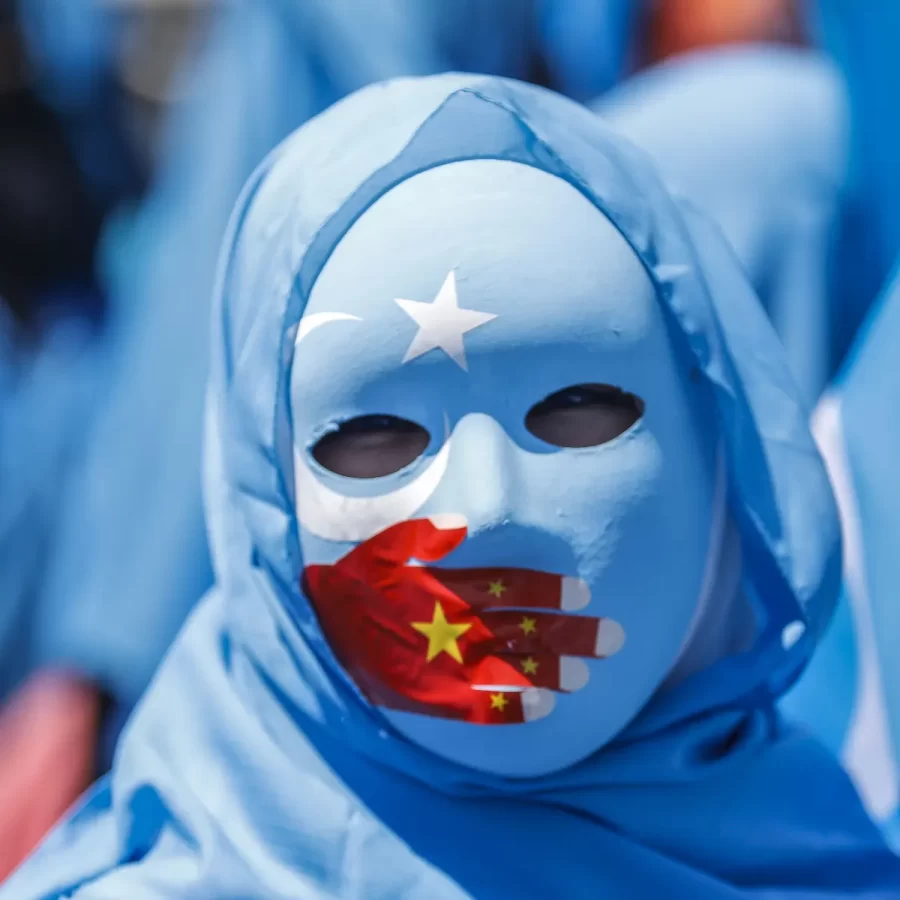Sanctions as a Diplomatic Tool: How Effective Are They in Promoting Peace and Stability?
March 14, 2023
The world is witnessing a campaign of cultural and ethnic extermination by the Chinese government, the systematic brainwashing of thousands of its people, and the harrowing violation of human rights. Uyghur Muslims are an ethnic religious group concentrated in the Western region of China, facing extreme discrimination in internment camps. The Chinese government first established these internment camps in 2017. Following overwhelming evidence of the camps, Chinese authorities eventually confirmed their existence while still firmly denying any wrongdoing or human rights abuses. China has now constructed and maintained more than 380 internment camps, and is authorizing the development of dozens more. Every day, detainees in these camps are subject to physical and psychological torture.
Worldwide, there are nearly 2 billion Muslim people and 50 Muslim-majority countries. Islamophobia has become the predominant form of discrimination in Europe and Central Asia, manifesting itself in the media, the state, and political parties. It is proven to be intoxicating and multi-layered. It seeks to harm others and victimizes a minority group on the basis that their culture and essential beliefs are a fundamental threat to the rest of society. This mindset continues to persist, and as a result, violence against Muslims is continuously increasing globally.
The Chinese government has facilitated the mass transfer of Uyghur citizens from the western region of Xinjiang to factories across the country under conditions that strongly suggest forced labor. China is the world’s largest manufacturer and consumer of cotton, amounting to 0.406% of total exports and a cumulative total of $3.36 trillion. China’s cotton production and manufacturing is concentrated in the Xinjiang region, with 90 percent of China’s cotton fields and factories located there. The region produces more than 20% of the world’s cotton and 84% of China’s. Human rights organizations claim that the production and labor is strongly under the coercion of Uyghur Muslims.
So, how do we resolve this issue? The Uyghur crisis has become a source of concern and controversy for the international community, including the United States. The US government is taking several actions in response to the situation in Xinjiang. In July 2020, the US government imposed sanctions on senior Chinese officials, and a month later imposed export restrictions on companies that produce goods in the Xinjiang region as well. While economic sanctions can be a useful tool in certain circumstances, their effectiveness can vary greatly.
They are also considered ineffective for several other reasons: their adverse effect on civilians, the time required for sanctions to have a significant impact, and their unintended consequences for the imposing countries. In regards to the US, sanctions have not proven effective in resolving this humanitarian crisis. Although it may seem like individual actions don’t make much of a difference, collectively, they can serve a significant impact on even global issues. Contributions to creating awareness, generating conversation, protesting peacefully, being aware of the brands you buy from, or simply educating oneself and having conversations with friends and families can all play a role in making a difference. By taking action, we can also inspire others to do the same.
This article also appears in our February 2023 print edition.










